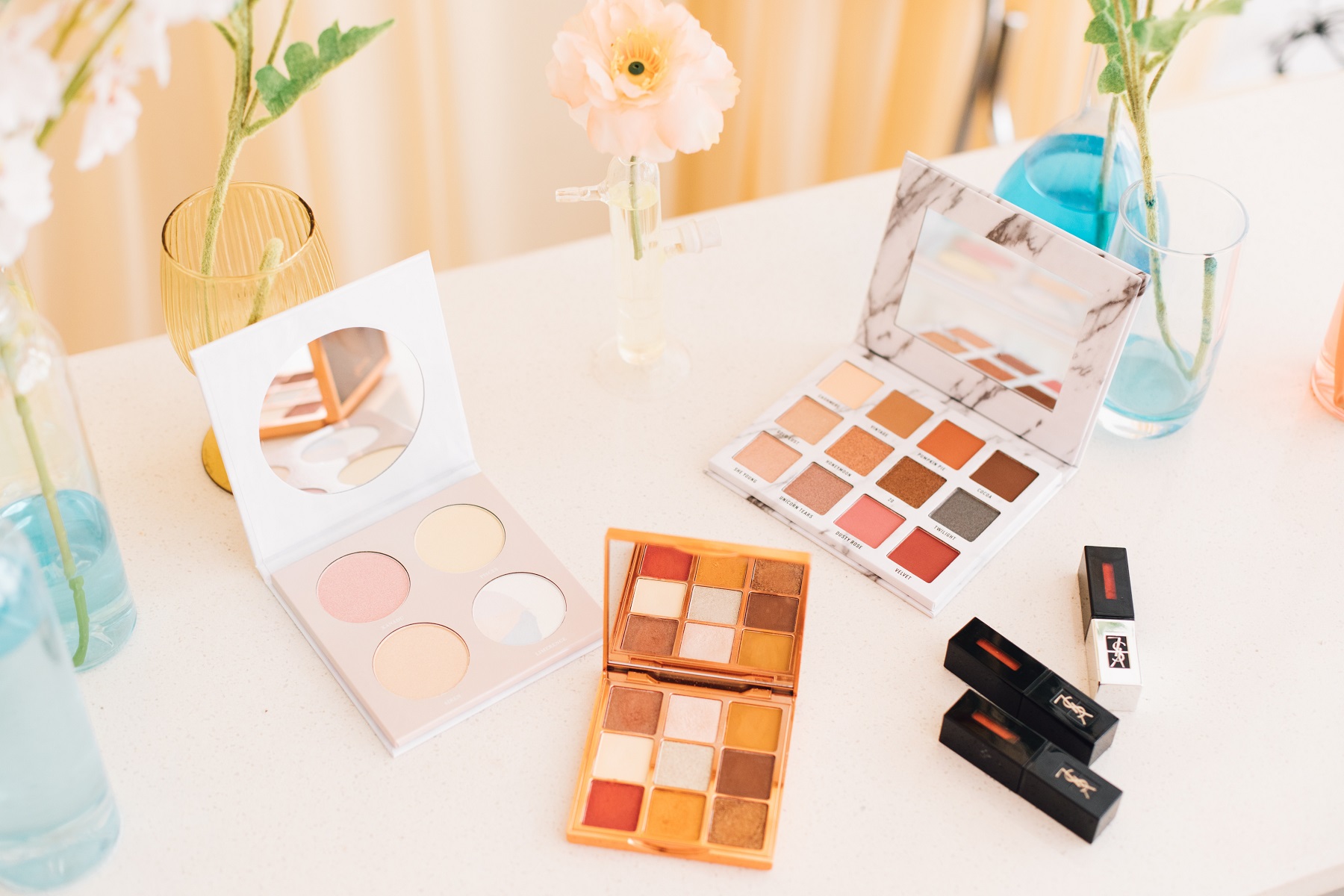There are so many reasons why everyone should be concerned about being more creative:
- Creativity is a mental exercise.
- When people can let their imagination run wild, they are better equipped to learn new information. It improves the effectiveness of learning processing.
- The ability to be creative frees one to consider new perspectives.
- It frees up congested ways of thinking. Non-linear thinking is made possible.
- Empathy is made possible by those with creative minds.
- Being creative is a gateway to knowing oneself.
- It enables us to feel and think in new ways. It allows us to access previously inaccessible facets of our personalities. It makes individuality and distinction obvious. In this way, latent skills and abilities within oneself may be revealed. It helps us feel closer to the things that truly matter to us.
- Sharing in one other’s creative processes fosters camaraderie.
- It can foster teamwork and cooperation by bringing individuals together.
- Problems with creativity.
- Inspiration can bridge the gap between contemplation and action.
- Art fosters understanding and friendship across boundaries.
- It helps us communicate with people from all over the world.
But How Can You Be More Creative?
Practice
Creativity is a skill that can be developed through practice. The more you engage in creative activities, the more creative you will become.
Take breaks
Taking breaks can help refresh your mind and promote creativity. Take a walk, listen to music, or do something you enjoy to help clear your mind.
Look for inspiration
Inspiration can come from anywhere, so be open to new experiences and ideas. Look for inspiration in art, music, nature, books, and other sources.
Read: Everything You Need to Know About Gold-Filled Jewelry
Brainstorm
Brainstorming is a great way to generate new ideas. Write down all your ideas, no matter how crazy or unrealistic they may seem. You can continually refine them later.
Collaborate
Collaborating with others can help stimulate creativity and generate new ideas. Work with others with different perspectives and skill sets to create something new and unique.
Experiment
Try new things and take risks. Don’t be afraid to fail, as failure can be a valuable learning experience.
Challenge yourself
Set goals that are challenging but achievable. Push yourself outside of your comfort zone to promote creativity and growth.
Embrace curiosity
Curiosity is a critical ingredient in creativity. Be curious about the world around you and ask questions. Try to see things from a different perspective and challenge assumptions.
Keep a journal
Keeping a journal can help you capture ideas and insights as they come to you. Use your journal to jot down ideas, sketches, and other creative inspirations.
Get feedback
Feedback from others can help you refine your creative ideas and improve your skills. Seek feedback from trusted friends, family members, or colleagues who can offer constructive criticism.
Practice different forms of creativity
Creativity can take many different forms, from writing to painting to cooking. Try different forms of creative expression to find what works best for you.
Take risks
Taking risks is an essential part of creativity. Don’t be afraid to try new things or take chances with your creative ideas.
Eliminate distractions
Distractions can interfere with creativity. Try to eliminate distractions as much as possible when engaging in creative activities.
Take care of yourself
Self-care is essential for creativity. Ensure you get enough sleep, exercise, and healthy food to fuel your creativity.
Read and learn
Reading books, blogs, and articles can provide inspiration and new ideas. Learning about different topics can also spark creativity and help you see things from a new perspective.
Take a different approach
Try taking a different approach to a problem or task to promote creativity. For example, if you’re stuck on a writing project, try brainstorming with a mind map or creating a visual storyboard.
Seek out challenges
Setting challenges for yourself can help stimulate creativity and improve your skills. Challenge yourself to try something new or take on a project outside your comfort zone. For example, if you’ve always liked personal fashion, you can start experimenting with creating homemade jewelry with materials like gold-filled beads.
Stay open-minded
Being open-minded and willing to consider new ideas can help promote creativity. Don’t dismiss ideas too quickly, and be willing to explore different possibilities.
Why is Creativity Important?
Innovation
Creativity is the foundation of innovation. New ideas and inventions emerge from creative thinking and problem-solving.
Personal growth
Engaging in creative activities can promote personal growth and self-discovery. Creativity can help individuals explore their interests, passions, and values.
Emotional well-being
Creativity can also promote emotional well-being and reduce stress. Engaging in creative activities can provide a sense of accomplishment and fulfillment.
Social Connections
Creativity can also be a way to connect with others and build relationships. Collaborating on creative projects can promote teamwork and communication.
Career success
Creativity is valued in many industries and can contribute to career success. Creative thinking and problem-solving skills can benefit a wide range of professions.
Cultural expression
Creativity is also a meaningful way to express cultural identity and heritage. Art, music, and literature are examples of creative expressions that can communicate cultural values and traditions.
What Are Some Ways To Cultivate Creativity?
There are many ways to cultivate creativity. Here are some ideas:
Engage in creative activities
Engage in activities that spark your creativity, such as writing, drawing, painting, photography, or music.
Practice mindfulness
Mindfulness can help reduce stress and promote a sense of calm, which can benefit creativity. Try meditation, yoga, or other mindfulness practices to help cultivate creativity.
Learn new things
Learning new things can help stimulate creativity. Take a class, read a book, or explore a new topic that interests you.
Brainstorm
Brainstorming is a great way to generate new ideas. Write down all your ideas, no matter how crazy or unrealistic they may seem. You can constantly refine them later.
Collaborate
Collaborating with others can help stimulate creativity and generate new ideas. Work with others with different perspectives and skill sets to create something new and unique.
Experiment
Try new things and take risks. Don’t be afraid to fail; failure can be a valuable learning experience.
Eliminate distractions
Distractions can interfere with creativity. Try to eliminate distractions as much as possible when engaging in creative activities.
Set aside dedicated time
Make time for creativity in your schedule. Set aside dedicated time each week to work on creative projects or engage in creative activities.


